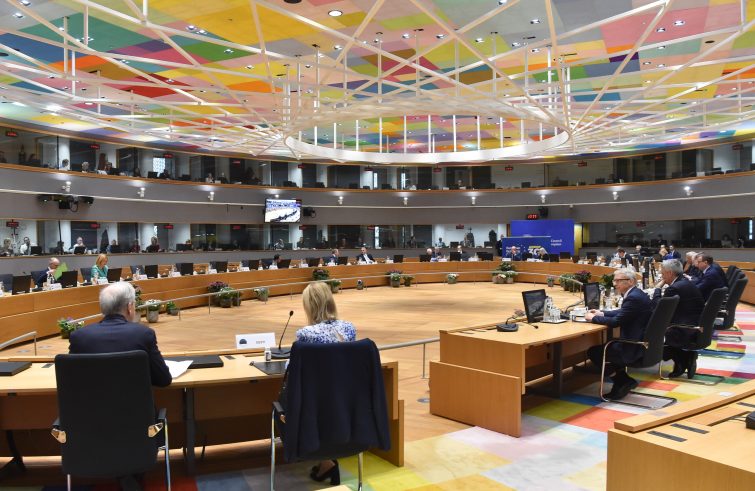
The war that Putin has been waging against Ukraine and its civilian population for more than two years has once again altered the European Union’s agenda. Historical developments testify to the fact that the process of EU integration has always been strongly affected by “current events”, by circumstances that required new responses to emerging problems each time. Considering only the past few years, there has been a financial crisis in 2008, a migration crisis in 2015 and 2016, followed by the COVID pandemic in 2020, and finally the conflict in Ukraine in 2022. In some cases, the response has been timely, while in others it has been late or lacking (the case of migration is emblematic).
It so happens that for months now, the humanitarian, economic, political and military response to Russia’s aggression has (understandably) overshadowed all other priorities for the EU-27, both at the level of the European institutions and in national chancelleries.
The European Council of 21-22 March provided further confirmation of this, as EU leaders reaffirmed the “warlike orientation” previously endorsed by the EU Parliament and Commission.
In the Council conclusions, the EU leaders declared: “As it exercises its inherent right to self-defence, Ukraine urgently needs air defence systems, ammunition and missiles. At this critical moment, the European Union and Member States will speed up and intensify the delivery of all the necessary military assistance.” They went on to specify: “The European Union is committed to increasing its overall defence readiness” in order to match “its needs and ambition in the context of rising threats and security challenges. […] The European defence technological and industrial base should be strengthened accordingly across the Union.”
Armament production and funding for the arms industry take centre stage. The Europe of peace conceived and built by the “founding fathers” is thus taking a U-turn, perhaps dictated by historical events.
Much could be said about the Union’s decision, and legitimate objections could be raised.
Whatever the decision taken, however, the fact remains that other priority issues, hitherto regarded as inescapable, urgent and non-delayable, have been sidelined. Let us recall that these priority issues, which are of the utmost importance, are: ageing and the demographic challenge; migratory pressures and the reception of migrants; the protection of rights and the promotion of welfare; economic competitiveness, productive innovation; inflation and consumption; energy policy and climate change; relations with the rest of the world and the countless other wars raging in every continent.
There is unanimous agreement that citizens’ security is seriously threatened by the conflict in Ukraine. It is the task of national governments to be the guarantors of this security for the whole of Europe. But are armaments the only solution? And what room will there be in national and European fora for all the other ’emergencies’ that are constantly on the minds of people, families, territories and businesses in our European Union?
Politics needs strategies and solutions for today, as well as visions and projects for the future, which politics simply cannot do without.









